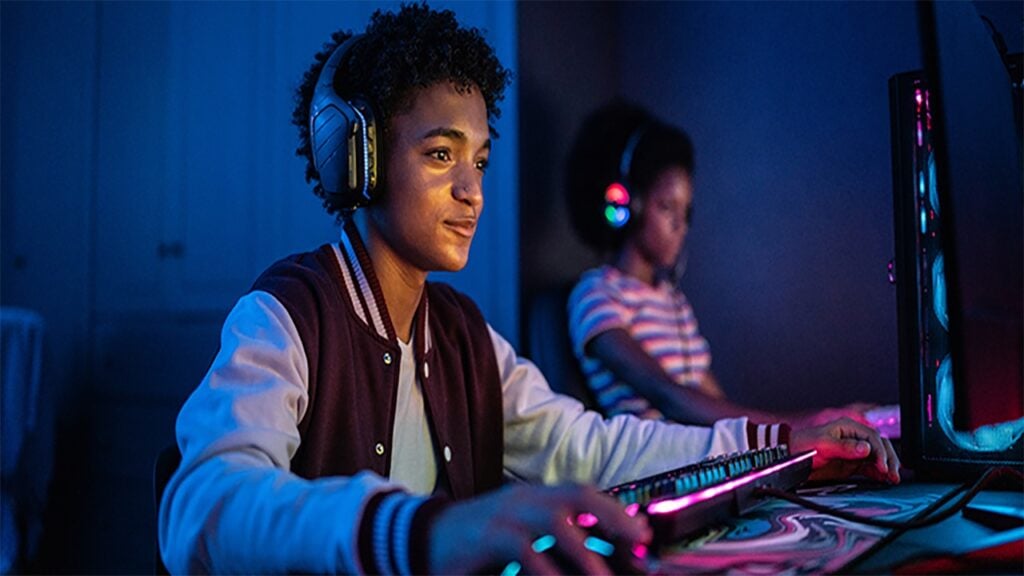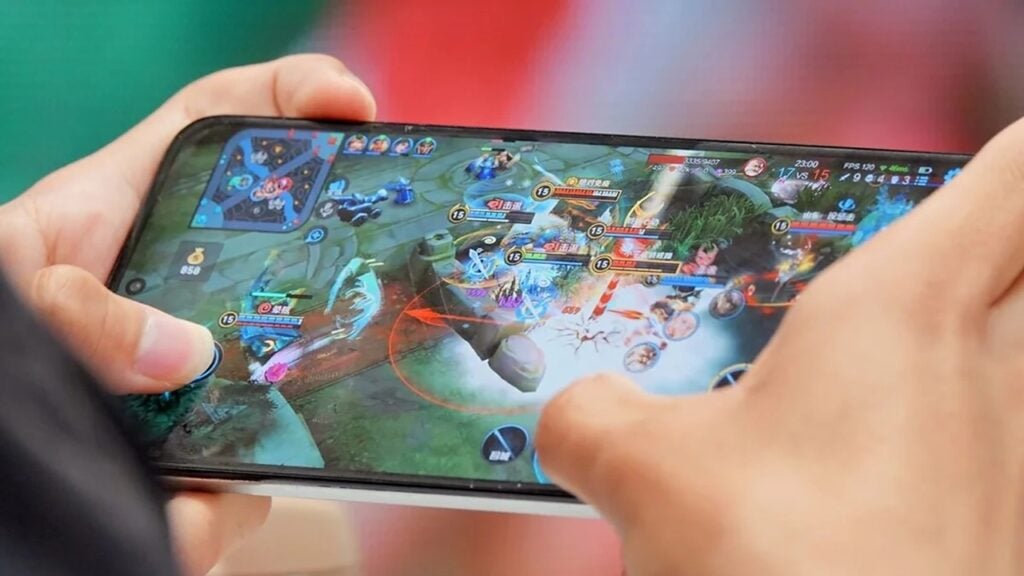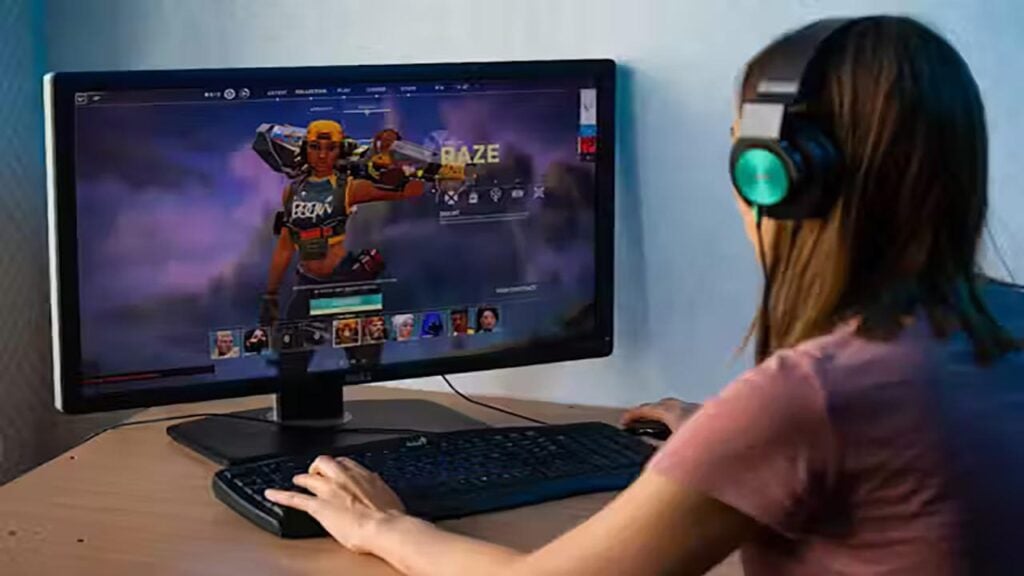There’s something undeniably exciting about booting up your favorite online game, isn’t there? We still get a little kick out of joining a bustling Fortnite match or trading sheep for bricks in Minecraft servers. The thrill is real. But before we charge into those digital battlefields (or cozy crafting corners), it’s worth having a team huddle about safety. We’re living in an era where gaming online is a global pastime; sometimes it feels like everyone we know has a gamertag! But with the fun comes a few sneaky risks, and lately, “online safety gaming” is popping up in conversations for a good reason.

- Use strong, unique passwords for your gaming accounts to secure your personal information.
Online safety gaming
Let’s pause for a second; has anyone else ever gotten weird friend requests from someone with a name like “FreeLootKing99,” or found their inbox mysteriously flooded with “Epic prize for YOU!” links? We’ve all been there, right? When we talk about online safety gaming, we’re really talking about how we protect our virtual lives just as much as our real ones. It’s about guarding our logins, steering clear of scams, muting the trolls, and making sure our mental health stays strong, even when someone on voice chat claims to know our home address (yikes, report that instantly!). Whether you’re just starting out or you’ve been stacking XP for years, staying safe online helps us all win more than any in-game loot ever could.
1. Introduction: Why Online Safety Matters in Today’s Gaming World
Every time we fire up our consoles or PCs, we’re diving into crowded digital universes filled with millions of others; most are awesome, but a few aren’t so friendly. We remember when gaming online first took off; lobbies were the wild west, and sometimes all it took was a silly mistake to get burned. These days, the line between “just a game” and “real life” gets a little blurrier. We’ve heard stories about hacked accounts right before a tournament, or watched a younger sibling come away from a group chat quieter than usual. The truth is, a safer gaming space helps us all enjoy the ride with fewer worries; and trust us, you don’t need to play in fear or give up the fun.
2. What Does ‘Online Safety’ Mean in Gaming?
If you ask us, online safety gaming is a bit like good teamwork; you watch each other’s backs, cover weak spots, and no one gets left behind. It means making sure your password isn’t “password123.” It’s remembering not to tell that super-friendly new guildmate where you live or how old you are. We’ve learned (sometimes the hard way) that keeping your personal info private is gold. And it’s so much more than just that; we’re also talking about keeping our devices free of sketchy downloads, knowing how to mute a bully, and carving out little moments of joy without worry every time we log on.

- Be cautious and avoid clicking suspicious links or downloading unknown files.
And online dangers aren’t just “kid stuff.” Plenty of us adults have fallen for a scam or let our guard down. Nobody’s immune! What matters is learning together.
3. Common Online Threats Facing Gamers
Here’s where things get truly real.
One of us once clicked a link in a game chat that promised “free skins”; it led to a mess of pop-ups, and somehow our game got weirder after that. Lesson learned! When it comes to online safety gaming, here’s what to look out for:
1. Phishing attempts often show up as “official” looking emails or DMs chasing your login or payment info.
2. Account hacks happen most when we use weak passwords or share them… like, ever.
3. Scams aren’t always obvious; sometimes they’re dressed in glittery offers for rare items or friend trades.
4. Cyberbullying and toxic chat; has anyone else ever had their mood wrecked by a hateful teammate? That stuff sticks with us.
5. Inappropriate content sneaks in through open mics, wild mods, or random group chats.
6. Doxxing and privacy leaks are rare, but scary; imagine someone leaking your details just because of a lost match.

- Be cautious when using voice or text chat with people you don’t know.
The important thing is, even if we mess up once, we can bounce back smarter and help our gaming crew spot these traps too.
4. How to Stay Safe While Gaming Online: Step-by-Step
Online safety gaming isn’t as complicated as it sounds; think of it like leveling up your character, but in real life. Here’s how most of us do it:
1. Strong, unique passwords and 2FA: One of us uses a password manager now (after a Skyrim modding mishap, but that’s a story for another day!). Two-factor authentication is game-changing; a quick phone code means only you get in.
2. Keep personal info in the inventory: Mailing address, real name, age; those stay put. If someone asks, play the silent card.
3. Dodge sketchy links and requests: If a friend request or DM feels odd, or a link is suspicious, that’s your cue to hit “Ignore” or “Report.”
4. Tinker with privacy settings: We’ve spent afternoons going through Xbox and PS menus, locking down who can message, join parties, or see our friends list. It’s worth it!
5. Block/report as needed: Sometimes, reporting is the kindest thing you can do for yourself and the next player down the line.
6. Parents, set up those controls: If you’ve got younger players at home, consoles make it easy to set limits, filter friends, and keep everyone’s game time healthy.
We like to remind folks: game skills come with practice, and the same goes for learning online safety gaming steps.

- Keep your software and games updated to avoid security risks.
5. Parents and Guardians: Supporting Safe Gaming
If you’re the “grown-up” in the room (we see you, snack-bringers and charger-finders!), don’t worry; plenty of us had to get up to speed, too.
The simplest thing? Start a conversation. Ask your gamer about the best boss fight they’ve had and if anything strange ever happened in chat. Set reasonable limits on time, spending, and friends; not to squelch the fun, but to keep it spacious and safe. Parental controls are more powerful than you think; set them up together and make sure your child knows they can come to you, no matter what.
It feels good to know there’s always someone there, kind of like a teammate waiting at respawn.


6. What to Do If Something Goes Wrong (Reporting & Recovery)
Mistakes happen, and nobody’s perfect. That’s why nearly all of us have a quick plan if something feels off:
If you’re getting harassed or see something shady, tap “block” and “report”; it’s there for a reason on PlayStation, Xbox, Steam, or Discord. If a hack happens, don’t panic: change your password immediately, fire up 2FA, and hit up support. Most companies know how to help, and usually, you’ll get things sorted faster than expected.
And a little advice from experience: don’t try to handle big threats alone for online safety gaming. Bring in a parent, a savvy friend, or an adult you trust; seriously, that’s what they’re there for.

- Educate yourself about scams and phishing in the gaming world.
7. Final Reflection: Safe Gaming Is Smart Gaming
We’re at our best when we look out for each other, online and off. Building healthy safety habits keeps gaming joyful, surprising, and fun for everyone. Think of it as equipping your party before raiding a dungeon: when everyone’s ready, the experience is just better. We’d love to hear your own stories or advice for staying safe, so don’t hesitate to pass those tips around. Together, we can turn online safety gaming into second nature and keep the good times rolling for communities everywhere.
Learn about the inside out of video games world and industry via Gamerative.
8. FAQs: Online Gaming Safety in Practice
1. Is online gaming completely safe for children if parental controls are used?
Parental controls are a fantastic start, but nothing replaces honest chats and regular check-ins. Ask your kids to walk you through their favorite games; they’ll love showing you!
2. How do I recognize a scam or hacking attempt in chat?
Anything that feels urgent, has weird grammar, or asks for your password? Treat it like a boss fight; proceed with caution and back away fast.
3. What can be done if someone is persistently harassing me?
Mute them immediately, block, and save any messages just in case game support or (if needed) real-life help is needed. Nobody deserves to feel unsafe in a digital space.
4. Are private servers or mods dangerous for my PC or child’s account?
Some are great (hello, Minecraft mods!), but plenty can hide malware or worse. Stick to trusted sites and communities. When in doubt, check with someone who’s been there before.




